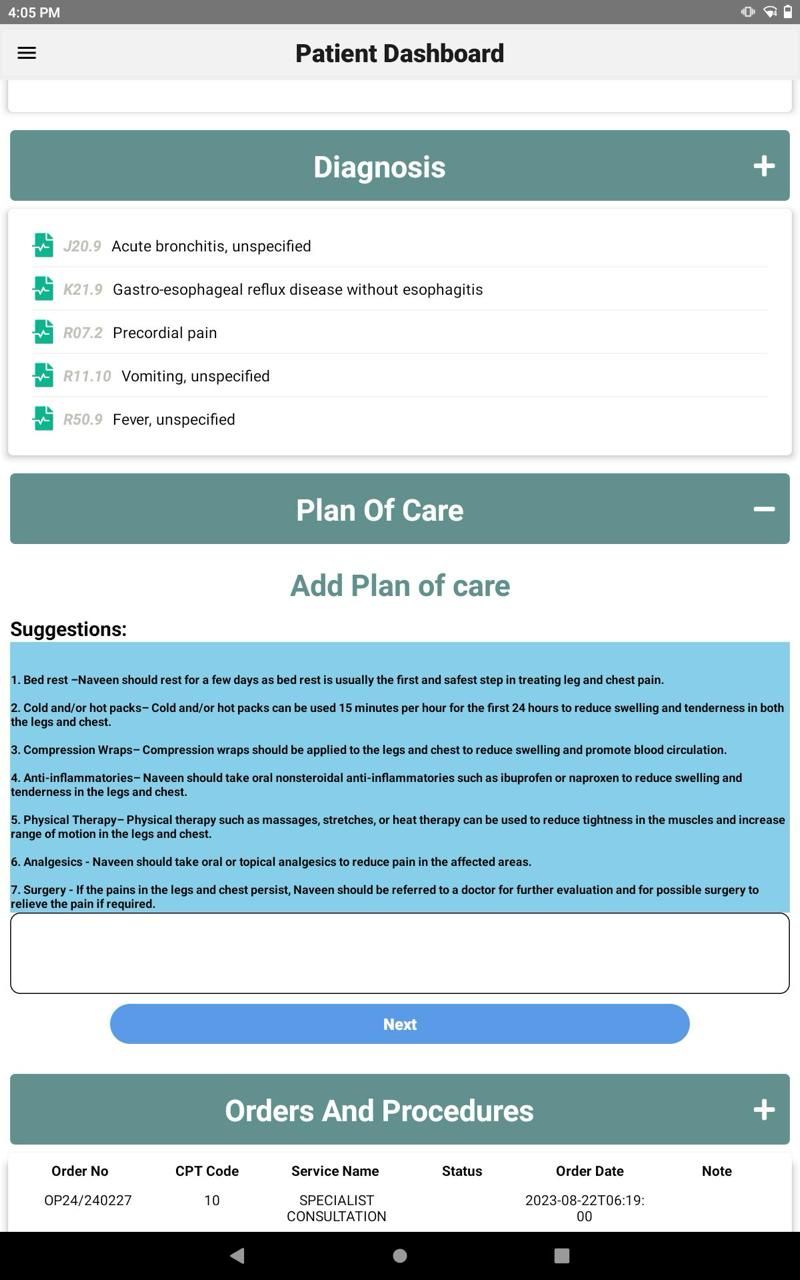Aster Hospitals UAE’s Smart Hospital plan for clinical excellence and efficiency
)
AI, ChatGPT and wearables are amongst some of the smart technologies the hospital has implemented so far
Innovation and technology hold huge potential for healthcare improvement, whether in terms of improving clinical outcomes, patient experience or operational efficiency.
Aster Hospitals UAE has made technology advancement one of its top priorities, starting with its Smart Aster Hospital V1.0 plan implemented from 2019 to 2021. It has since rolled out a V2.0 iteration, focusing on further harnessing AI and mobile computing technologies.
Leveraging AI, wearables and mobile devices across the hospital
As part of this plan, the hospital has tapped upon a range of technology solutions, which have positively impact patient safety and outcomes, as well as clinician efficiency. These include:
- AI-powered CDSS: This streamlines documentation, saving time for healthcare professionals. Physicians have seen a 35% reduction in documentation time, which they can allocate for patient care
- Silent ICU: Utilising mobile devices for noiseless, real-time patient monitoring in ICUs. This has led to a 40% decrease in patient-reported anxiety levels, by providing a more calming environment conducive to recovery.
- Patient pathway: Cuts administrative barriers and improves check-in processes, while providing patients with greater insight into their hospital journey. Wait times were reduced by 25% while patient satisfaction scores rose by 15%.
- ChatGPT: Integration of ChatGPT in communication between patients and providers, for example by addressing queries and scheduling appointments, has cut appointment scheduling time by 50%. ChatGPT integration for triaging and clinical notes also improved documentation quality and accuracy while reducing time needed.
- AI-driven triaging system: This system prioritises cases based on severity to optimise emergency department operations. It has resulted in a 30% reduction in wait times for the most urgent patients.
- Smart medicine dispensing system: Employing wearables and mobile devices, the system ensures accurate and efficient medication delivery through the use of barcodes on wristbands and packages. It has reduced medication errors by 60% and slashed outpatient waiting time.
 |
Taken together, these digital initiatives have eliminated the need for over 100,000 printed paper sheets per month, saving approximately 10 trees monthly. “By harnessing cutting-edge technology, the Smart Aster Hospital project achieved its goals of enhancing healthcare experiences, fostering patient safety, and promoting more sustainable practices in the healthcare industry,” said the hospital. |
A structured approach to hospital transformation
Rolling these technologies across multiple hospital departments may seem a daunting task. Hence, a phased, structured approach is critical to smooth implementation, emphasised the hospital.
The first step is identifying and prioritising challenges in the hospital, based on their impact on patient care and operational efficiency.
Then comes the brainstorming and conceptualisation stage for the right solution to the identified challenges.
Once the solutions are decided upon, the team moved to integrate them with the hospital’s existing system. Test runs were conducted to assess the effectiveness of new solutions such as ChatGPT or wearables, with clinicians offering valuable feedback on their functionality in real-life scenarios.
Before full implementation, training sessions were organised to familiarise the staff with the new tools and processes, the hospital added.
After the solution is officially rolled out, the team continuously monitored the progress of the initiatives, measuring outcomes against predefined goals. It is thus important to set up measurable outcomes right from the start, to ensure that progress could be tracked and analysed. The team was also prepared to make adjustments based on real-time feedback from patients and hospital staff.

Continuous refinements to keep up with evolving needs
For Aster Hospital, the key to successful healthcare innovation lies in translating cutting-edge technology into practical applications for healthcare improvement.
This has been achieved through an interdisciplinary effort from healthcare professionals, administrative staff, IT specialists, data scientists, and AI developers.
The endeavour has not gone unnoticed by patients. One patient shared: “The streamlined check-in process, real-time updates, and personalised attention I received during my hospital visit made a tremendous difference. The Smart Aster Hospital project is a game-changer in patient care.”
The hospital plans to continue updating its toolkit of technologies as they evolve, to meet evolving needs of its patients and the organisation, said the hospital.
“The improvements brought about by the project are highly sustainable due to the reliance on scalable, adaptable technologies, and the hospital’s ongoing commitment to continuous refinement,” it noted.
“We will scale up successful initiatives, and remain committed to constantly refining our solutions to deliver better, more efficient, and personalised healthcare services. We will also continuously stay abreast of emerging technological advancements to further enhance hospital services.”
At HMA Awards 2023, Aster Hospitals UAE won the Excellence Award in the Most Advanced Healthcare Technology category.

